Derrida/Searle
Derrida/Searle
Deconstruction and Ordinary Language
RAOUL MOATI
Translated from the French by Timothy Attanucci and Maureen Chun
Columbia University Press

New York
Columbia University Press
Publishers Since 1893
New York Chichester, West Sussex
cup.columbia.edu
Copyright 2014 Columbia University Press
All rights reserved
EISBN: 978-0-231-53717-9
Library of Congress Cataloging-in-Publication Data
Moati, Raoul.
[Derrida, Searle. English]
Derrida, Searle: deconstruction and ordinary language / Raoul Moati; translated from the French by Timothy Attanucci and Maureen Chun.
pages cm
Includes bibliographical references and index.
ISBN 978-0-231-16670-6 (cloth: alk. paper) ISBN 978-0-231-16671-3 (pbk.: alk. paper) ISBN 978-0-231-53717-9 (e-book)
1. Derrida, Jacques. 2. Searle, John R. 3. Language and languagesPhilosophy20th century. 4. Performative (Philosophy) 5. Speech acts (Linguistics) 6. Ordinary-language philosophy. 7. Deconstruction. 8. Intentionality (Philosophy) I. Title.
B2430.D484M6313 2014
194dc23
A Columbia University Press E-book.
CUP would be pleased to hear about your reading experience with this e-book at .
Cover design: Noah Arlow
References to Web sites (URLs) were accurate at the time of writing. Neither the author nor Columbia University Press is responsible for URLs that may have expired or changed since the manuscript was prepared.
TO MY TEACHER AND FRIEND, JOCELYN BENOIST
TO MY PARENTS, MONETTE AND JACKY
TO NEJIA
TO JUDITH SADOCK
Still confining ourselves for simplicity to spoken utterance.
Austin, How to Do Things with Words
Quotations are like robbers by the roadside who make an armed attack and relieve an idler of his convictions.
Walter Benjamin, One-Way Street
Derrida was bound to be drawn to Austins discoveries.
Stanley Cavell, A Pitch of Philosophy
Contents
Jean-Michel Rabat
Jean-Michel Rabat
This second book should be made available in English: one should read it side by side with the biography whose author all but disappears and erases his voice to let Derrida speak.
Avoiding the dangers of hagiography, they testify to the pathos of a personal loss while making sense of the French philosophers lasting legacy.
and he is the thinker of a radical finitude, the true heir of Heidegger, and not a Levinassian in disguise.
and he approaches the discussion opposing Derrida and Searle as dispassionately as possible. He betrays no undue sentimentalism, and he does not bring his personal testimony; in place of a disciples piety, he displays the candid probity of a true philosophical investigator. This was a prerequisite, since the ground appeared mined due to the fracas, the exchange of insults, and finally an excess of mutual incomprehension. One needs to have sympathy for both camps in order to eschew the effects of transference and countertransference. There is no adulation, adoration, detestation, or denigration of any school here. Moati prefers pointing out Derridas blind spots and Searles dead ends to any blind endorsement. Thus Moati insists on Derridas dependence upon metaphysical models that he had been the first to debunk. He sees in Searle a dangerous rejection of the unconscious. This is the condition for an impartial assessment of what we can learn from the debate today.
but this is only one example among many.
Armed with a concept of performativity that will not be cleaned up normatively of its constitutive ambiguities and inevitable infelicities, we can learn to think and read better with Derrida. We will read texts more slowly, patiently, posing the foundational questions of framing and context. This will make us move unhesitatingly between genres, at least between the domains of philosophy and literature, both being recharged and re-sourced by a productive dialogue. This will also incite us to take into consideration a longer history of concepts underpinning these debates, debates that will be tackled with more ethical urgency if we do not ignore quasi-immemorial philosophical genealogies. This does not mean that we will have to return endlessly to Plato, whom Derrida called the master of the perverformative, but that this long tradition cannot be closed; in fact, it has no closure and should be expanded to engage with other conceptual fields that have been excluded, whether they come from Asia, Africa, or similarly hitherto invisible sources. It is to such a reading program, which consists in bridging the gap between hostile traditions and reawakening the philosophical pulse in all of us, that Derrida/Searle invites us. And I, too, invite you, here and now. Is this a performative? When you have finished reading, you will tell me. All I can add is that my invitation is made per formam doni, that is, in the form of a gift and in the name of friendship, following the legal expression used about the destination of an estate willed by the donor rather than by an operation of the law.
I want first to extend my warmest thanks to all those who kindly accompanied, supported, and supervised the development of the present study: Jocelyn Benoist, Marc Crpon, Christiane Chauvir, Ali Benmakhlouf, Sandra Laugier, Charles Ramond, Pierre-Franois Moreau, Guy-Flix Duportail, Bruno Ambroise, and Pierre-Marie Hasse.
At the end of the 1970s, one of the most virulent philosophical disputes known to the contemporary history of ideas erupted between the French philosopher Jacques Derrida, founder of deconstruction, and John R. Searle, American analytic philosopher and theoretician of speech acts.
The confrontation between two major representatives of contemporary philosophy belonging to divergent currents of thought is an event rare enough to arouse attention and awaken curiosity. The unexpected character of such a debate results from the fact that philosophy has rarely, before the twentieth century, appeared as profoundly split into two currents as divergent and irrelevant to each other as continental philosophy and analytic philosophy. Each of these traditions has revealed itself as surprisingly capable of expanding its own space of questions and debates without concern for the problems with which the rival tradition was confronted at the same moment. Given this state of affairs, one can hardly avoid doubts about the actual impact of a philosophical confrontation between two thinkers, each so representative of his own separate philosophical tradition.
At first glance their controversy certainly appears to be a dialogue of the deaf, to the extent that the analytic tools mobilized by the protagonists were rooted in conceptual heritagesphenomenology and psychoanalysis for Derrida, philosophy of logic and the pragmatism of the ordinary for Searlewithout any apparent measure of comparison or obvious common points of reference. For this reason, one attempted to explain the difficulty of interpreting the controversy by invoking the nonexistence of theoretical premises common to both thinkers, premises that alone would have assured a dialectical confrontation of the opponents.
Must we therefore resolve to interpret the Derrida/Searle controversy as a symptom of an encounter destined inevitably to failure, incapable of offering the reader anything but the sad spectacle of a violent clash condemned to conceptual sterility? Will we be obliged to categorize this quarrel as one of those curiosities that cause accidental disturbances in the stormy course of the history of ideas before disappearing in the depths of oblivion?

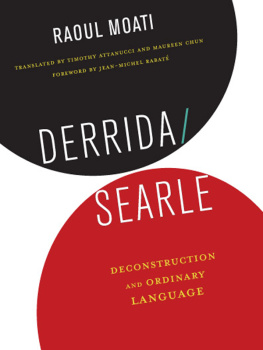
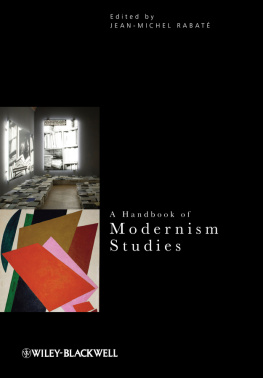

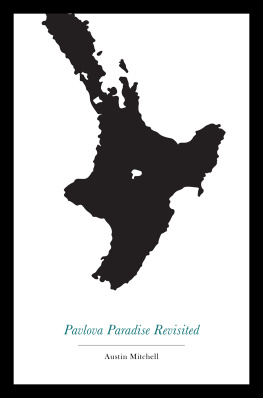
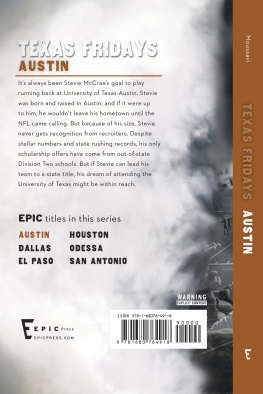
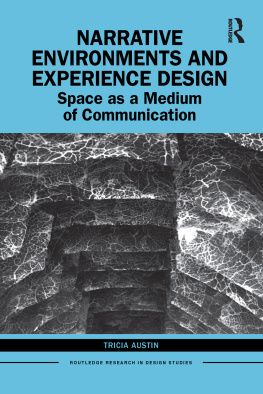
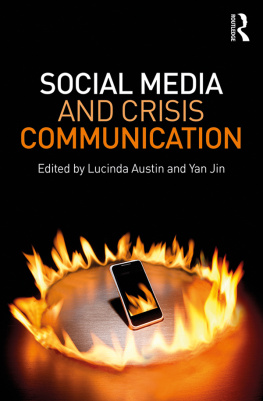
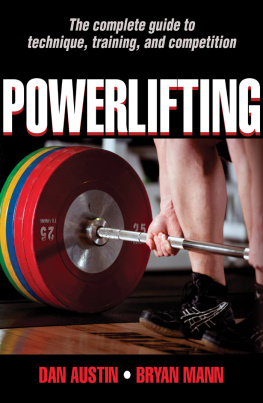
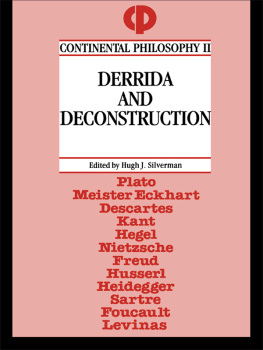
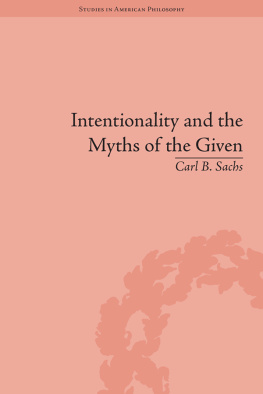
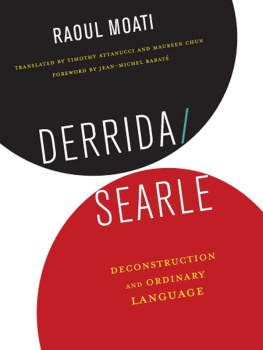
 New York
New York